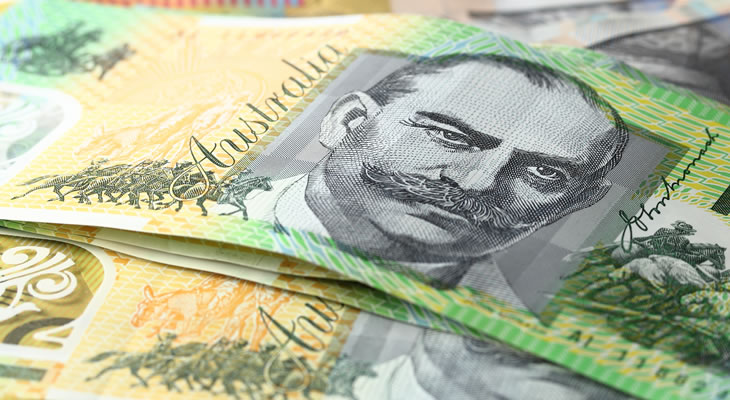The Pound Sterling to Australian Dollar (GBP/AUD) exchange rate weakened on Wednesday due to the release of disappointing Services PMI data.
The Pound Sterling to Australian Dollar (GBP/AUD) Exchange Rate fell to a session low of 1.956
Data released in the UK showed that growth in the nation’s dominant services sector weakened in February.
According to Markit/CIPS, the UK Services Purchasing Managers Index (PMI) fell to 56.7 from 57.2 in January. Economists had been forecasting for the index to come in at 57.5. In a PMI, any figure above 50 indicates expansion whilst a number below indicates contraction.
‘Although the rate of expansion slowed in the vast services economy, growth has picked up in both manufacturing and construction. The three PMI surveys collectively indicated a slight acceleration in economic growth for a second successive month in February as a result, consistent with GDP growth picking up to 0.6% in the first quarter,’ said Chris Williamson , the chief economist at Markit.
Further losses for the Pound were restrained as the data also showed that service sector firms hired staff at the second fastest rate on record and new orders increased solidly, adding to signs that the UK economy has begun 2015 strongly.
The Australian Dollar meanwhile continued to find support from Tuesday’s decision by the Reserve Bank of Australia (RBA) to leave interest rates on hold at the record low level of 2.25%. Most economists had been expecting the bank to make a second consecutive cut. The currency is likely to move higher in the short term as the markets continue to reposition following the surprise decision.
Data released early on Wednesday showed that the nation’s GDP grew by 0.5% in the final quarter of last year, below consensus for a rise of 0.6%. On an annual basis GDP advanced by 2.5%.
‘Australia’s economy picked up by less than expected in the fourth quarter, and worse is likely to be ahead, given that the effects of a significant deterioration in the country’s terms of trade are only just beginning to be felt. We expect growth to slow from 2.7% in 2014 to just 1.8% this year,’ said Capital Economics.
Investors will now be looking ahead to the release of US data and Thursday’s Bank of England (BoE) interest rate decision. The bank is forecast to leave rates unchanged at 0.5%.

